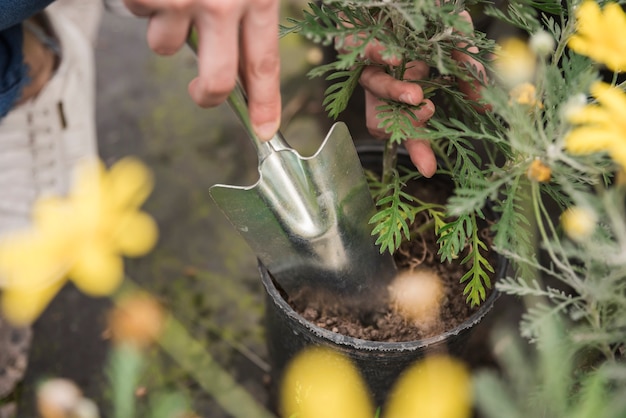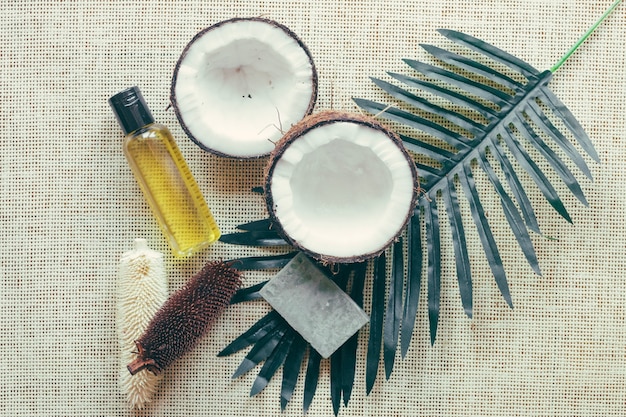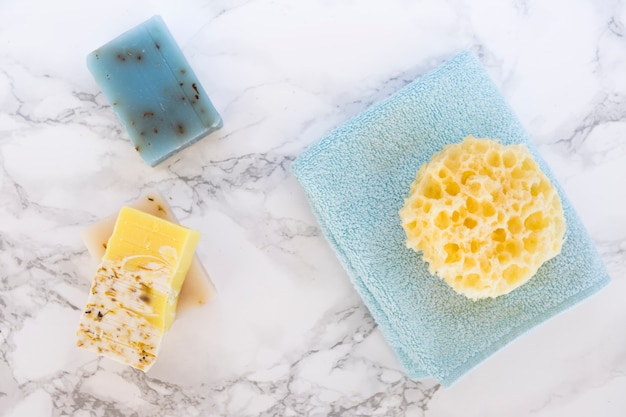
If you’re passionate about gardening, then you’ll definitely find our latest Kindle book appealing: “605 Secrets For A Beautiful, Bountiful Organic Garden: Insider Secrets From A Gardening Superstar.” Essential oils can be a game-changer in your garden, whether you’re aiming to repel pests, attract pollinators, or simply create a serene environment.
Let’s explore 9 smart ways to incorporate essential oils into your gardening routine:
1. Keep Insects at Bay:
Essential oils like rosemary, peppermint, thyme, and clove are fantastic for repelling various pests. For instance, rosemary oil is effective against flies, fleas, and mosquitoes, while peppermint handles aphids, squash bugs, and even spiders. Combine equal parts of these oils in a spray bottle with water for a potent insect repellent.
For severe infestations, consider using neem oil, which not only targets adult insects but also disrupts larvae and eggs.
2. Combat Fungal Infections:
Fungal diseases can wreak havoc on plants, but essential oils like tea tree, neem, citronella, rosemary, oregano, thyme, peppermint, clove, and cinnamon offer effective solutions. Mix these oils with water to create a spray that prevents and treats fungal growth on your plants.
3. Repel Slugs and Snails:
To keep slugs and snails away from your plants, use cedarwood, hyssop, or pine essential oils diluted in water. Apply this mixture around plants to deter these pests naturally.
4. Deter Rodents:
Peppermint oil is highly effective in repelling rodents like mice. Soak cotton balls in peppermint oil and place them near rodent access points to encourage them to relocate.
5. Keep Cats Away:
If neighborhood cats are a nuisance in your garden, try spraying rosemary oil around the area or creating scented strips using rosemary-infused water-soaked cloth. Another option is using black pepper oil similarly, although be mindful of its potent aroma.
6. Treat Insect Bites and Stings:
For insect bites and stings, a blend of lavender, chamomile, basil essential oils, and organic apple cider vinegar can provide soothing relief.
7. Attract Pollinators:
Certain essential oils like neroli, lavender, hyssop, marjoram, basil, sage, yarrow, catmint, fennel, and helichrysum attract pollinators such as bees and butterflies to your garden, enhancing natural pollination.
8. Create a Relaxing Atmosphere:
Transform your garden into a tranquil retreat by using essential oil burners with aromatherapy oils like lavender or chamomile, perfect for unwinding after a hectic day.
9. DIY Mosquito Repellent:
Citronella is a well-known mosquito repellent, but you can also create your own blend using oils like lemongrass, cajeput, eucalyptus, peppermint, garlic, clove, lavender, tea tree, pine, or rosemary. Mix these oils with water, organic witch hazel, and jojoba oil for a natural mosquito repellent that’s effective and safe.
Essential oils offer a myriad of benefits for your garden, from pest control to enhancing plant health and attracting beneficial insects. With these tips, you can make the most of essential oils in your gardening endeavors.



